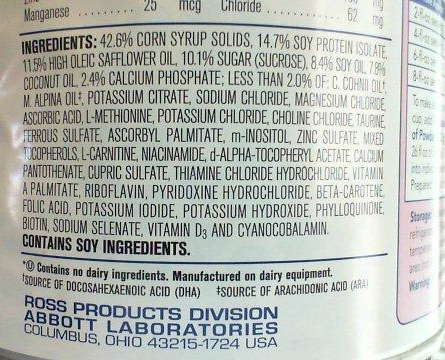The recommendation that diabetics should eat whole grains is valid but generally taken completely out of context which is why it seems contradictory.
From reading your other ports in this thread I know you are aware of the benefits of fibers, also fiber is essential for the biome which in turn affects insulin resistance among many other important things.
What is a whole-grain product? Just because it says whole grain doesn't mean it is. It's mostly a mix of heavily processed grain with some fiber added. Marketing speak is deceiving. I added a picture at the bottom of my thread.
How carb-tolerant is a person? How high does their blood glucose level rise and how soon does it return to baseline? Or maybe it doesn't return to baseline before the next meal which means now there's a massive problem. If a person can tolerate only a few grams of net carbs in a whole meal, bread, rice, or other grains can simply not be on the menu. And those who are on insulin and think they can simply correct their BG level as needed and eat as many carbs as they want would be well-advised to research the long-term deleterious effects of excessive insulin usage. I'm not saying to not use insulin if needed. I'm suggesting to not use insulin as a crutch for eating habits that affect one's health negatively.
The point is that a metabolically challenged person is advised to eat, albeit in moderation and within his own limits, rather whole-grain products than simply starches and any type of sugar. Most people don't know their limits and they don't know what one portion is. They should understand that even one portion may still be too much for them. And those who tolerate basically zero carbs still need to figure out a way to incorporate some fiber and prebiotics. There are ways of doing that without eating whole-grain foods.
Two whole-grain pieces of bread. One of them really is whole-grain. Which is the more popular kind of bread? Another thing to consider: an open-face sandwich requires half the bread which cuts a lot of the carbs.



